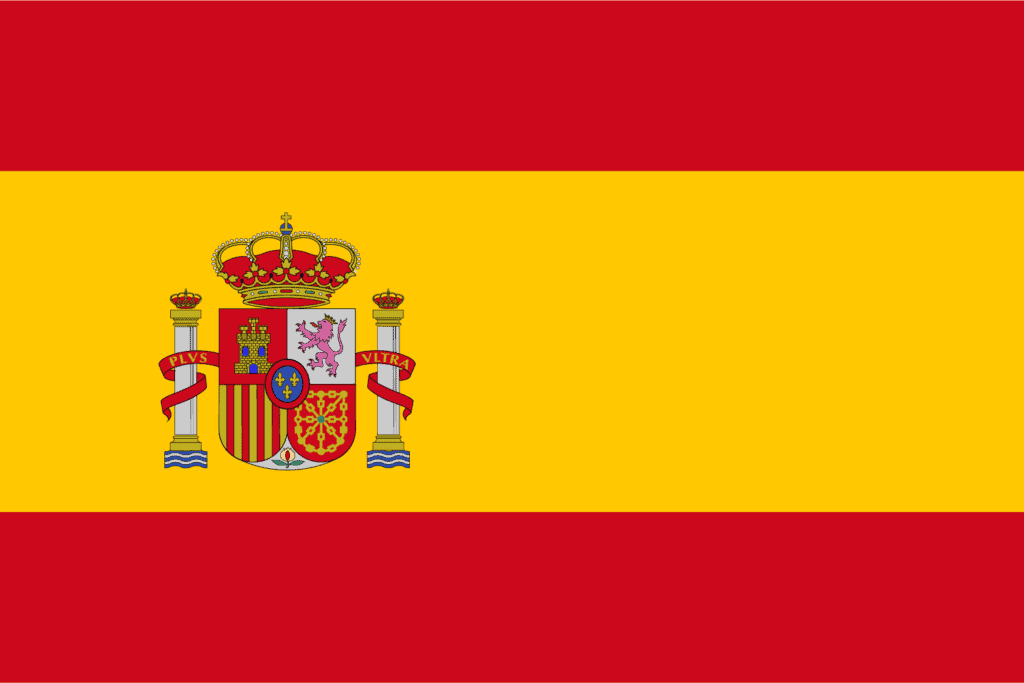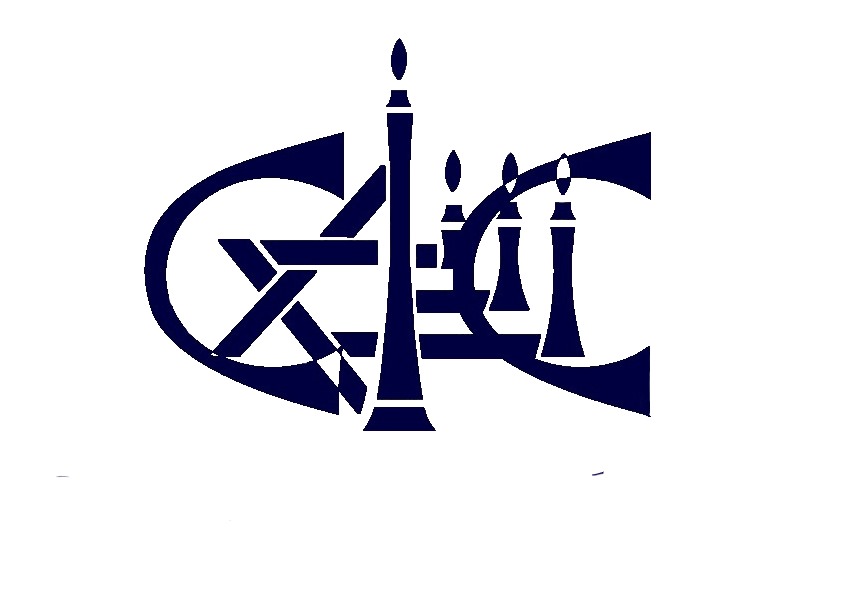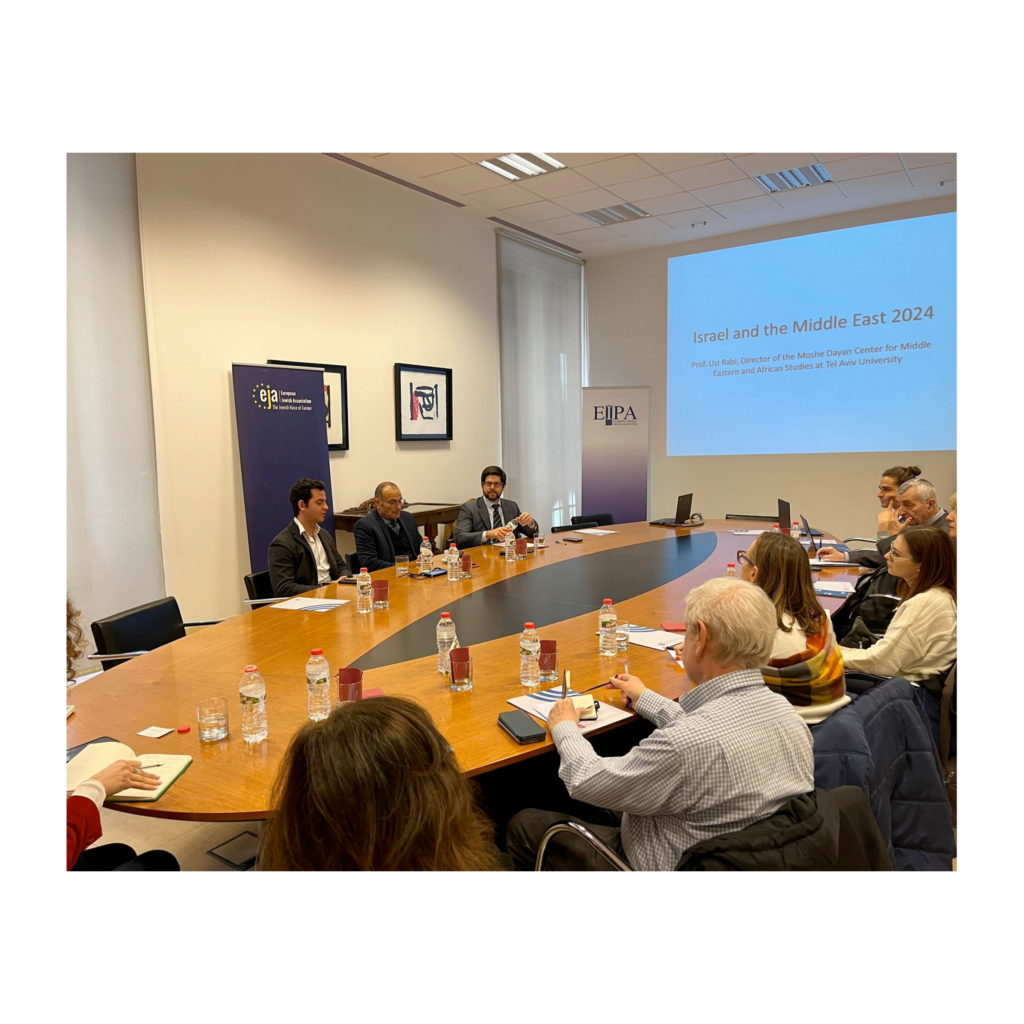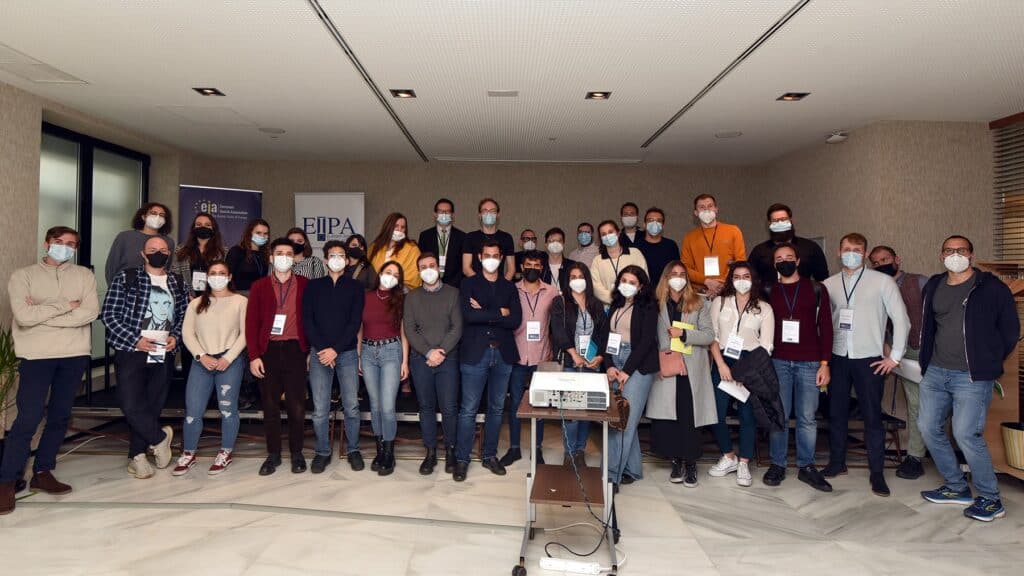The Federation of Jewish Communities of Spain, the institution that officially represents Spanish Jews, elected David Obadía as its new president for the next four years, replacing Isaac Benzaquén.
Obadía’s first declarations after being elected focused on pointing out that the axes of his work will be “dialogue, coexistence, diversity and multiculturalism”.
The new president of the Jewish community in Spain is Spanish, son and grandson of Spaniards, and was born in Beer Sheva, Israel, in 1961. During his childhood and adolescence he lived in Melilla and, currently, in Torremolinos, where he has developed his life as a businessman in the real estate sector and also his political career.
In 2015 he entered politics through José Ortiz, former mayor of Torremolinos, who appointed him as his personal advisor. With the Ciudadanos party he held the positions in the Torremolinos Town Hall of Deputy Mayor, Councillor for Development, Urban Planning, Infrastructure, Commercial Activities, Public Roads and Heritage, and served as spokesman for his political group. However, in 2023 Ciudadanos nominated him as candidate for mayor of Torremolinos but he decided to retire from politics.
According to the FCJE, Obadía has extensive community experience that began in 1980 as a collaborator in the Yosef Obadía synagogue in Melilla, founded by his great-grandfather of the same name.
To date he has held various posts, including that of president of the Jewish community of Torremolinos for 8 years, of which he is currently honorary president; vice-president of the FCJE; head of the Spanish Jewish Youth; and current president of the Jewish community of Malaga and of the Association of Jewish communities of Andalusia. He has also received numerous awards for his extensive career in the service of Spanish Jewish life over the last 40 years.













